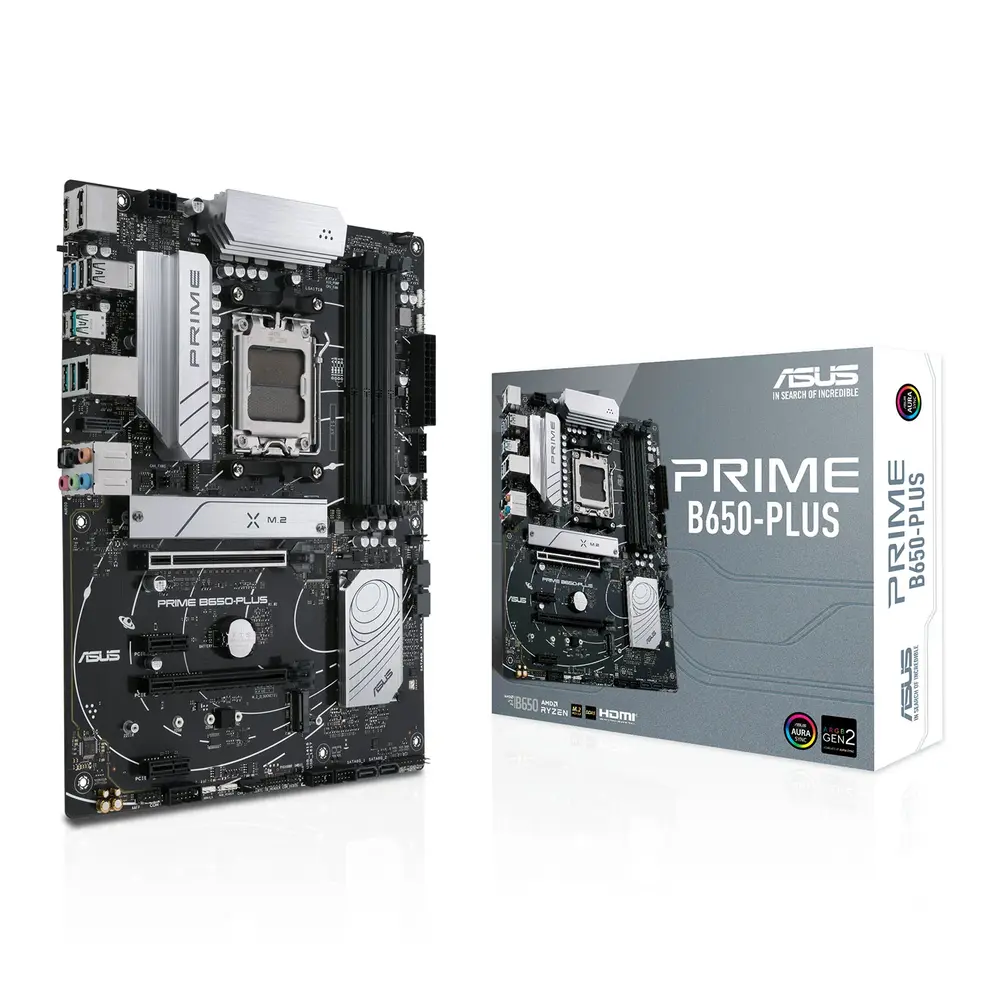It was AMD who made the split of the B650 into B650 and B650E. AMD didn't split the B550 into PCI-E 4.0 optional B550 and PCI-E 4.0 only B550E - they only made it the PCI-E 4.0 capable B550. So it is AMD who decided to do this,and didn't make PCI-E 5.0 enforceable as a minimum for B650. Remember the A620,is starting at well over £100,ie,the cost of what the B550 cost,with the same connectivity and no overclocking. There is zero reason for the B650 to exist,only for AMD to throw their OEMs a bone to make overpriced "entry level" motherboards. If AMD "enforced" PCI-E 5.0 on B650,there would be no need for a B650E.
The B650/B650E/X670/X670E use Promontory 21.The pair of Promontory 21 in X670E chipsets costs less than the repurposed I/O chiplet in the X570 motherboards,so it's nothing to do with chipset cost either. Intel B760 motherboards under £200 can have PCI-E 5.0 too,so it can't be a PCB cost issue due to PCI-E 5.0 signalling.
It' get's worse with mini-ITX motherboards(which I use) and these have less issues with single length(the chipset is close to the main slot and M2 slots). To get PCI-E 5.0,you can get £200~£230 B760/Z790 motherboards with it. With AM5,its £300+ for a PCI-E 5.0 mini-ITX motherboard and £250+ with a PCI-E 4.0 mini-ITX motherboard(even the M2 slot is locked to PCI-E 4.0!).
I don't see the point of paying £100s for a new platform with new expensive RAM and extremely expensive motherboards,for it to be hobbled to last generation PCI-E speeds. This is especially true with the RX6600/RX6600XT/RTX3050 being hobbled to PCI-E 8X,and both AMD and Nvidia pushing up GPUs a tier. So it's most likely the RX8600XT will be 8X and the RTX5060 too. You already are seeing the RTX4060 only being an 8GB card and essentially using a 107 series dGPU(which was reserved to the 50 series cards),and the RTX4070/RTX4070TI using the class of dGPU used in the RTX3060/RTX2060/GTX1060. That means the possibility of an increasing number of sub £500 graphics cards having hobbled PCI-E bus width,memory bandwidth,Cache amounts and VRAM amounts. This makes them more reliant on the PCI-E link speed.
Ironically those who will buy higher end dGPUs will be less affected(because they tend to have more VRAM,more memory bandwith and larger Cache amounts).





